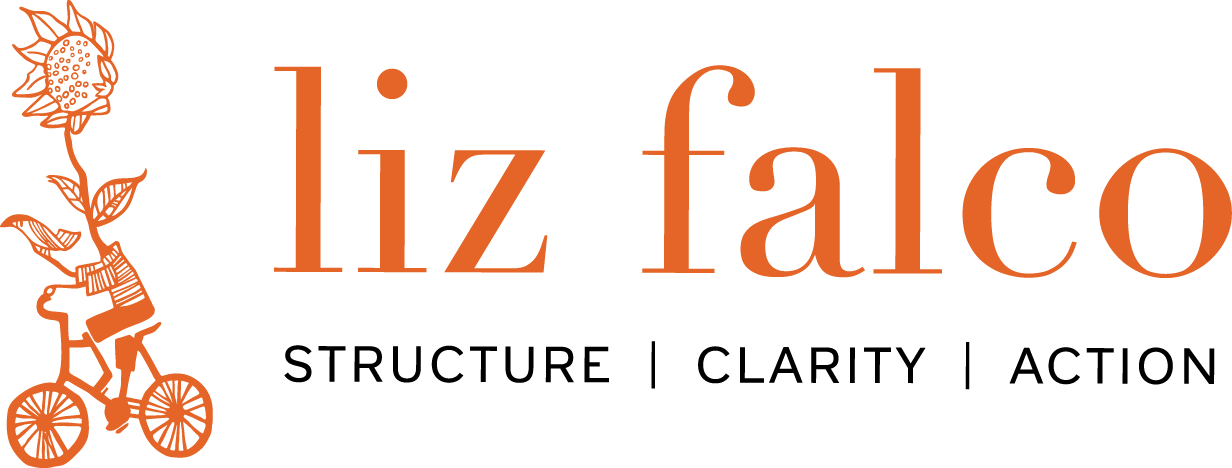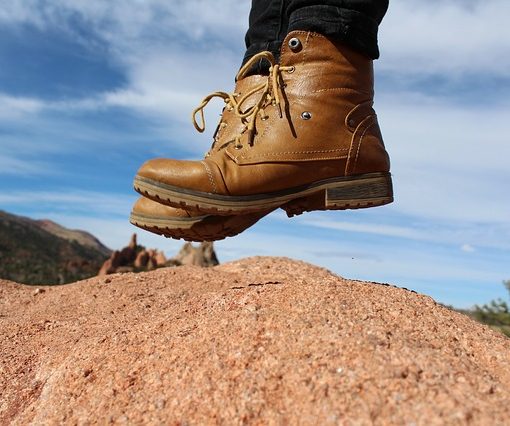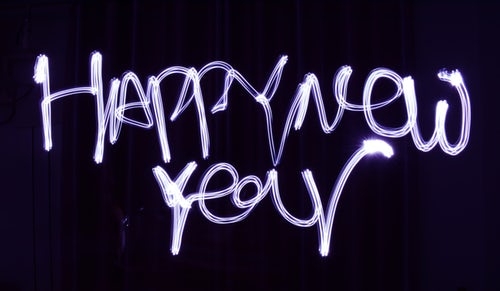In much of my current practice I use facilitation tools that foster 21st century skills among students and educators: critical thinking & problem-solving; creativity, communication skills, collaboration and global citizenship. Here is the story of a nonagenarian couple that embody these very “modern” skills:
 He was born in 1922 and she, 1925. They raised 8 children, have 15 grandchildren and
He was born in 1922 and she, 1925. They raised 8 children, have 15 grandchildren and
5 great-grandchildren. He has a grade 8 education, and is what they used to call ‘a self-made businessman’ – in today’s terms, a successful entrepreneur. He grew up speaking Italian at home, English at school and learned French when his family lived in Quebec for a few years.
She was an Early Childhood Educator and delivered professional development to many pre-school teachers over the course of her career. She also served as an unofficial ‘advisory board’ for her husband through the ups and downs of business, all while being the prime organizer for their busy household.
Of course, I’m talking about my parents – and I’m amazed when I think about the societal changes their generation has lived through – the Great Depression, World War II, the Information Age; the discovery of penicillin and inventions including the TV, the microwave, and the computer! Somehow they’ve navigated it all with resilience, empathy, flexibility and optimism – key qualities we’re hoping to foster in today’s youth.
How did they manage to develop these “21st century skills and qualities”? The key is, they’ve always had a sense of curiosity, are willing to reflect on life experiences and to evolve their thinking about issues and about people. They know that success and happiness are based on relationships, and on drawing out the strengths and voices of others; on asking good questions and on taking time to analyze situations and empathize with others involved, before acting. They know they won’t always find perfect solutions, but they aren’t afraid to try. They have ‘pivoted’ many times in their professional and personal lives.
The best way to describe my parents is that they have a ”Learning Mindset”.
No matter what century we were born in, this mindset is the gateway to reaching our individual and societal potential. And as educators, our challenge is to focus our energies on developing the Learning Mindset – both for ourselves and for our students.



